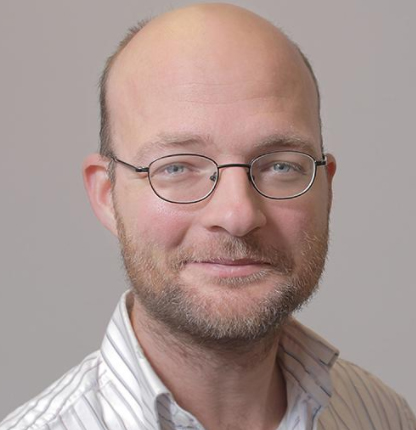For those intrigued by the European Research Council [ERC] project Sharing Knowledge in Learned and Literary Networks (SKILLNET): the Republic of Letters as a pan-European Knowledge Society (the subject of my previous post and announced recently through the COST Reassembling the Republic of Letters Action), it may be of interest to read what the project’s principal investigator Dr Dirk van Miert has kindly shared with us — in the form of a series of compelling questions — about the three funded doctoral positions open at present for applications.

‘SKILLNET examines the extent to which the Republic of Letters was kept together by the ideal of knowledge exchange,’ Dirk explains. ‘It seeks answers in the social fabric of the network involved, in the discourse employed by this network’s members, and in the memorial culture through which these members celebrated the ideal. Each of these three approaches is the subject of an individual PhD project which will explore the following questions:
Networks
Wouldn’t it be wonderful if we could analyse the Republic of Letters as if it were some kind of blogosphere, a social network in which each letter serves as a “link” between two people? What would such a network look like over the course of hundreds of years? How many people were involved? Did this number increase or decrease in size? Was the network bound more tightly in certain regions rather than others? How did sub-networks or small worlds relate to the larger network? What were the sub-cultures of those small worlds? Did people build a communal identity through shared interests in, say, medical subjects or theological questions? Or did they share a language, a regional background, or were they perhaps of a similar age? And if some sub-networks have different structures (in terms of the level of connectedness), does that mean that knowledge was shared more or less easily? With entire ego-networks becoming available in accelerating numbers (witness the promising pool of metadata of letters that is being collected in EMLO), we can start moving beyond personal networks to study the structure of the Republic of Letters over time and space, allowing us to reach a more much precise history of the vicissitudes of the most resilient self-conscious international network of the early modern period: the Republic of Letters.
Discourses
In 1983 Benedict Anderson wrote that “all communities larger than primordial villages of face-to-face contact (and perhaps even these) are imagined”. So what about the Republic of Letters? This is indeed a returning topic in discussions of the Republic of Letters: did it really exist? Wasn’t it all a wishful phantasy of literati who retreated into their studies and looked away from the polemics and pamphlet wars that were a permanent, and perhaps even a structural, feature of the learned world in early modern Europe? The question is valid, but mal posée: the Republic of Letters was a palpable reality, because there was a social network of thousands of people who related to it. In other words, the Republic of Letters was an “experienced community”, and hence a very real one. The marvellous e-Pistolarium of the Huygens Institute in The Hague allows us to mine digitally a set of twenty thousand learned letters. It appears that in the vicinity of the phrase “Republic of Letters”, letter writers use most often the words “public”, “good”, “time”, “way”, “spirit”, “maximum”, and “profit”. But what more can we learn about this idealistic discourse for sharing knowledge? What other terms were used? When, where, and why were these employed? Did the ideal experience crises?
Identities
Every ideal needs to be nurtured, negotiated, and transmitted in order to survive. If the discursive space of the Republic of Letters was structured around the ideal of sharing knowledge, how was that ideal transmitted to new generations? The ability to read and write was not enough to enable membership, for the Republic of Letters was not merely a discursive space, but also became a palpable reality visible in performances which celebrated and strengthened communal identities. Every community — the imagined, the experienced, the real — needs examples, needs locations of memory, and needs celebrations to assert a common identity. Who were the exemplary figures of the Republic of Letters to which ordinary learned “citizens” related? How did the ideal of sharing knowledge take shape in life-writing, funeral orations, statues, material cultures, paper monuments, commemorative literature? What other, or related, ideals transpire in such material? Can we analyse how the discursive space was made tangible? Who were the heroes and who the villains within the Republic of Letters? In what settings did new generations come to appropriate its ideals? What was the interplay between a local, regional, patriotic, and cosmopolitan identity if we were to look at the material culture of the Republic of Letters that embodied the ideals to which members related?”
Such are the manifold and complex questions emerging at the heart of this project. Should you find an alignment with your own intended research and wish to apply for any one of these positions, you have until 20 October 2017. Meanwhile, here in Oxford, we’re looking forward enormously to working with SKILLNET. Submit an application and you too could form a part of the dynamic and digitally equipped twenty-first century network as it sets out upon its ambitious and wide-ranging journey.
